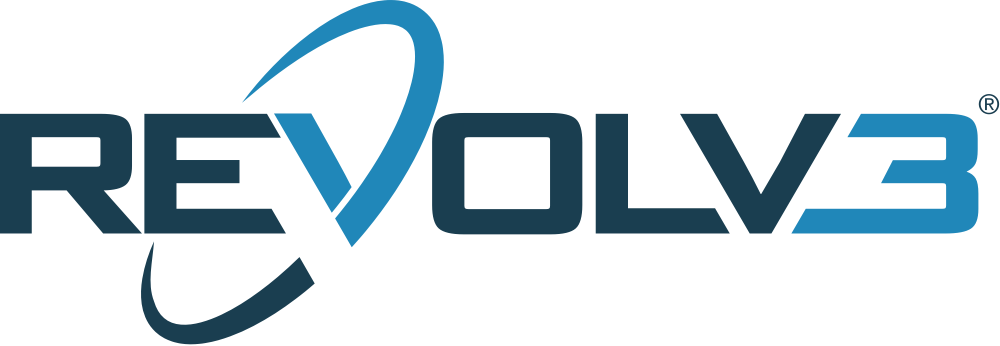Backward Compatibility
For most updates, API endpoints will remain backward compatible. This means that:- Existing endpoints will continue to function without requiring changes in client implementations.
- Additions such as new optional parameters or response fields will not impact current integrations.
- Deprecations, if necessary, will be communicated well in advance, but existing functionality will not be removed abruptly.
Breaking Changes & Version Updates
In cases where changes might break existing integrations, we will introduce a new API version. Breaking changes include:- Modifications to request or response structures that require client-side adjustments.
- Removal of existing parameters or endpoints.
- Significant changes in authentication or authorization mechanisms.
/v1, /v2). Previous versions will remain available for a period of time to allow for migration.
Version Deprecation Policy
- Older API versions will remain operational for a defined period before deprecation.
- Deprecation schedules will be announced in advance to provide ample time for migration.
- Critical bug fixes may still be applied to older versions during the transition period.
Recommendations for API Consumers
To ensure seamless integration and future-proofing:- Always handle additional or unknown fields in API responses gracefully.
- Follow API deprecation notices and migrate to newer versions as recommended.
Token FAQ

